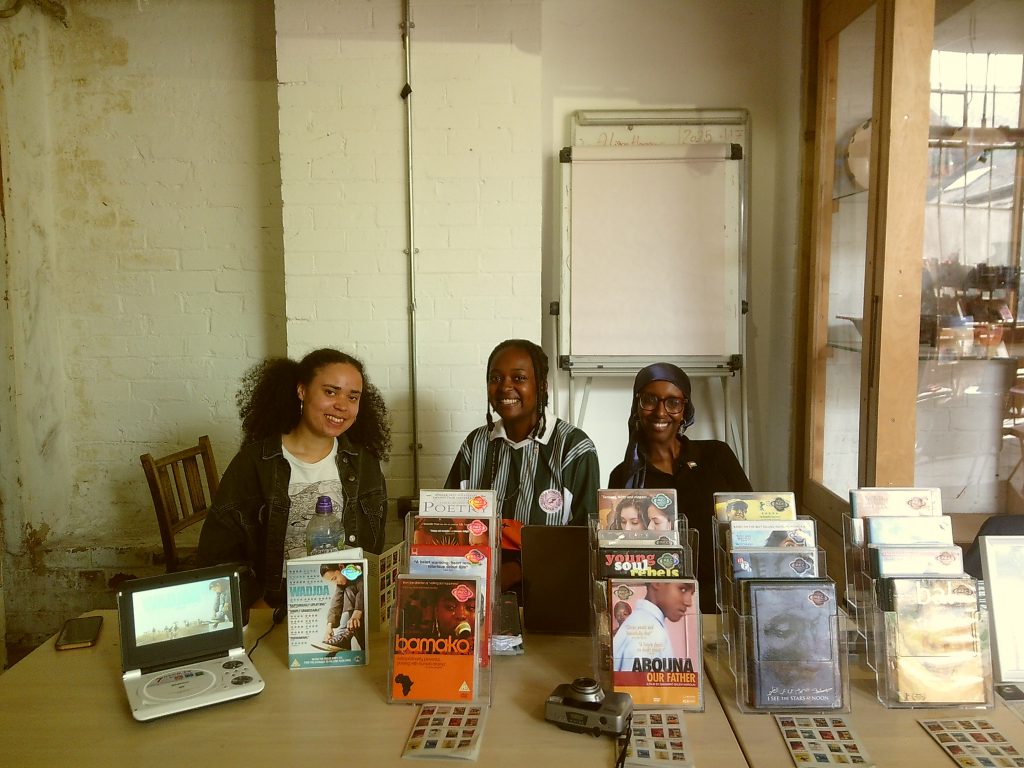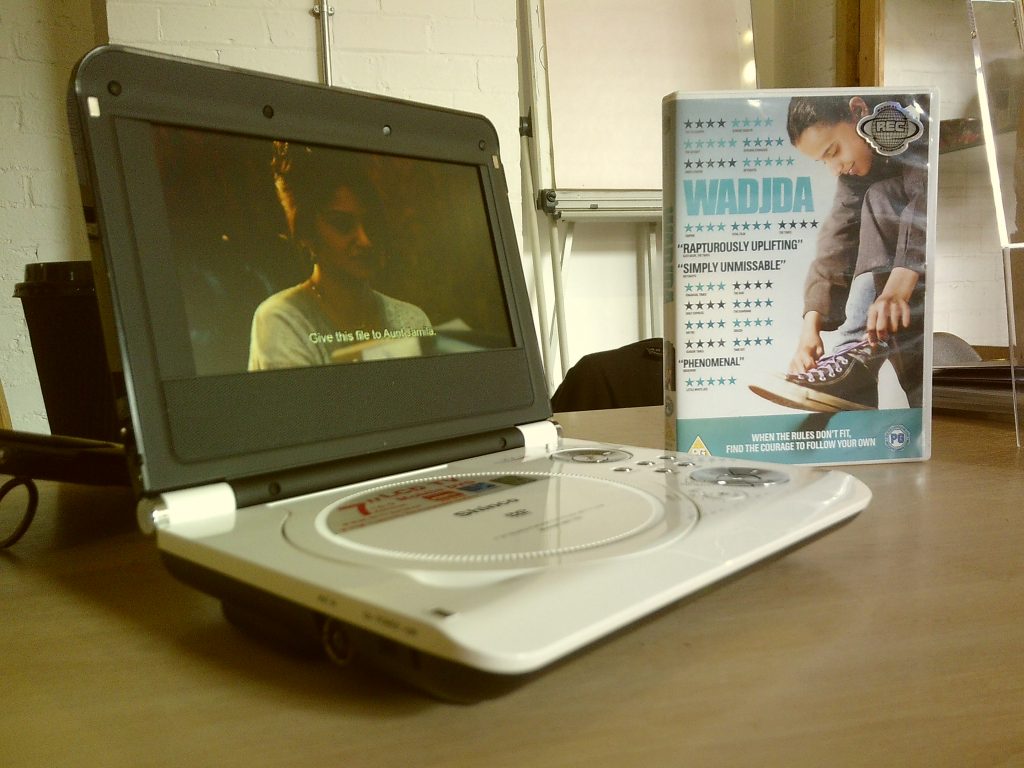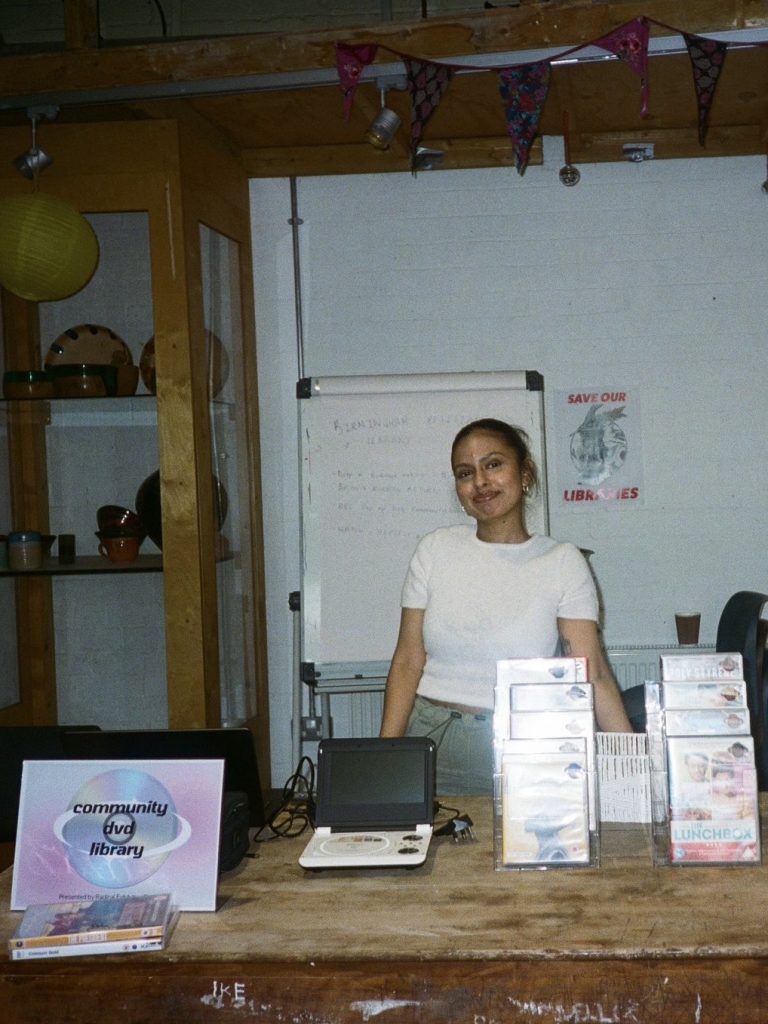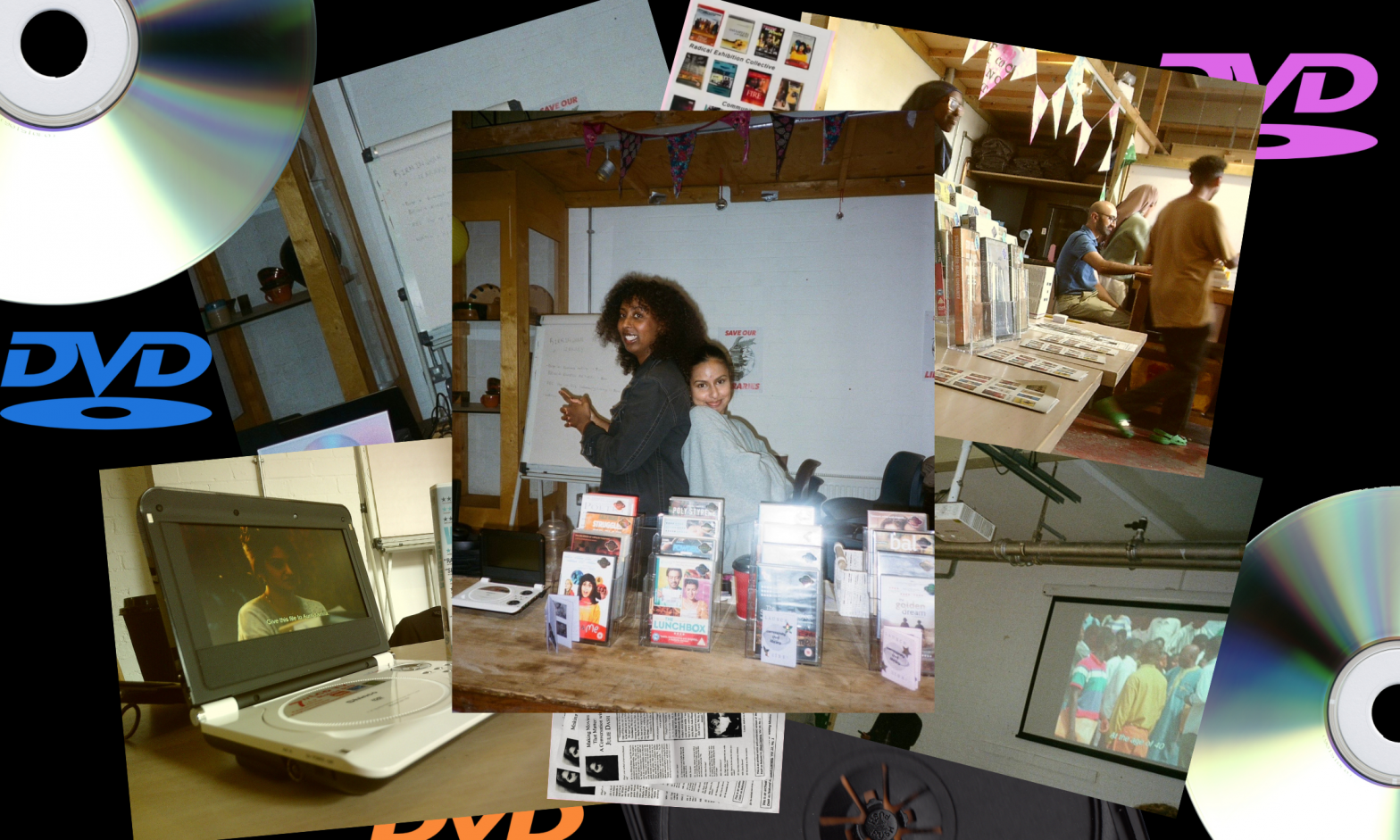When it comes to Birmingham, “there’s nothing to do,” is a common critique. Not because it’s true, mind you, but because the Second City is a village in a trenchcoat. Word of mouth has long been king here.
This may have worked for the past few decades. But neoliberalism – or the ideology of ‘doing it alone’ – adapts. An increasingly dubious social contract (since when do Brits not queue?), the loss of third spaces and the rise of consumption culture continue to increase a sense of self-reliance over collective responsibility. In-person conversations have been abandoned for the internet. The consumption of tailored algorithms, buying trends, streaming, and popular foreign imports seem to have replaced real life cultural engagement and community gathering. Where does “word of mouth” fit in here?
Communing connects us, expanding our horizons so we can see ourselves within the collective rather than against it. According to researchers, this can influence our happiness, health, and productivity, so accessing it shouldn’t have to be complicated. Cuts and closures to community hubs and libraries aligns with a noted rise in loneliness in the UK. We need these third spaces for the simple act of meeting up, building relationships in our neighbourhoods, and even connecting with our wider cities.
This year, a new group called Radical Exhibition Collective started a pop-up Community DVD Library here in Birmingham to imbue us with some community spirit. Popping up every two-ish months in Balsall Heath with Birmingham Resistance Library, the project aims to increase access to independent, archival and experimental cinema; advocate for film in the cultural space; and platform subaltern expression.

Co-founder and film curator Juwairiyyah Wali believes that libraries have always been a vital third space to gather, exchange ideas and galvanise in local areas. “We’re interested in how film-watching spaces can emulate a similar scenario,” she explains.
Radical Exhibition Collective’s stall can be found in a creative hub called The Old Print Works, kitted with an assortment of DVDs, supplementary mini-zines, and a portable DVD player you can borrow. Indie film lovers, locals, and cultural workers can browse Radical Exhibition Collective’s slowly-growing collection of documentaries, comedies, and love stories. Once you’ve made your pick, you’ve got until the next pop-up to return or renew it.
Birmingham’s creative and cultural scene is held together from the ground, from campaigns to save local libraries to art maps. The region’s almost-cartoonish insularity has always demanded guerilla infrastructure. This has only been exacerbated by the growing obsolescence of physical media, and an Online Safety Act has left some uncomfortable with the idea of uploading their ID in the age of data breaches.
“I was tired of hearing about incredible old films and having to scour the internet for hours, risking viruses to watch them.”
“Radical Exhibition Collective came together as a way to facilitate [the DVD Library] in an affordable and representative space for our city,” says Juwairiyyah. “Our collaboration with Birmingham Resistance Library just made sense. Most public libraries have a DVD collection anyway.”
The collective actively wants to encourage the use of what others might dismiss as “outdated” tech. Juwairiyyah says: “Growing up, we didn’t always have access to a TV or computer. My prized possession was a 9-inch portable DVD player with a ‘whirring’ sound that would foreground whatever film we were watching.”
The choice to use old DVD players goes beyond Y2K nostalgia. Shukri believes it’s important to challenge increasingly rapid technological changes in how we watch films. “We can make do with old tech that still works, to extend its life and prevent it from going to landfill,” she says. “Personally, I was [also] tired of hearing about incredible films like Burning an Illusion or Born in Flames and having to scour the internet for hours, risking viruses to watch them.”

Shukri Ahmed, another member of the collective, notes that nowadays, there’s a greater selection of archival and experimental cinema available via platforms like BFI Player, but at the time they started the library, many were still not widely accessible. “I’d mention a film to a friend and they wouldn’t want the hassle of finding it online,” she says. “Film-watching became a solitary act. My friends would listen to my ramblings [about films], but I wish we could have discussed them the way we would with books or TV shows.”
Juwairiyyah adds, “Moving film out of virtual spaces and into a physical, community-focused one allows the preservation of human connection, to physical media, and to each other. We’re interested in leaning into our pop-up aspect to broaden our work across the city and widen the film offer here”. At the DVD Library, you can chat to the organisers at their film stall, ask for recommendations, or join their film club.
Want to support more storytelling like this? Become a Skin Deep member.
The film club, which is currently unnamed, is Radical Exhibition Collective’s newest access point. Noting Birmingham’s history of immigration, resistance and resilience, and its significant Black and Brown presence, Shukri says that they want to engage Birmingham with films that “challenge dominant and homogenous narratives and presentations”. This includes films that reflect histories of immigration in the Midlands (e.g. Anita and Me), that draw lines of solidarity with the Global South (e.g. Bamako), or films that allow us to consider how stories of Black queer life can look on screen (e.g. Young Soul Rebels).
Back in April, the pop-up launched with what the organisers call a “watch and reflect”-style screening, featuring snippets from films including Sembène: The Making of African Cinema (1994), 20 Years of African Cinema (1983), Watermelon Woman (1996), and About Some Meaningless Events (1974). After the screening, Juwairiyyah and fellow Radical Exhibition Collective co-founder Ugbad Yussuf led a discussion on the role of cinema in both activism and resistance.
“I’d mention a film to a friend and they wouldn’t want the hassle of finding it online. Film-watching became a solitary act.”
Shukri says: “people were really receptive to the concept, and engaged with the discussions. To watch and discuss with others really enriched my experience […] and led to more developed and incisive takeaways. This is fertile ground for the rich and meaningful discussions that many in Birmingham want.”
With the rise of fascism and attacks on freedom of speech around Palestine, it’s important to consider strategies that bring people of colour together to engage in consciousness-raising. While their methods might seem unconventional, they are consistent and nourishing spaces of connection, with political organising potential.

“[One] key way to support the DVD Library is donations,” Shukri tells me. Rather than asking for money, she’s talking about DVDs – specifically, archival, experimental and feature films that explore the lives and histories of the Global Majority.
Next time you find yourself with “nothing to do”, why not ask someone? Consider venturing beyond the social media algorithm and streaming suggestions, and embrace that offline, word-of-mouth spirit.
REC’s DVD Library and Birmingham Resistance Library return to The Old Print Works in early January. You can follow @RadicalExhibition on Instagram for more updates.
Stay in touch. Subscribe to Skin Deep’s monthly newsletter.
